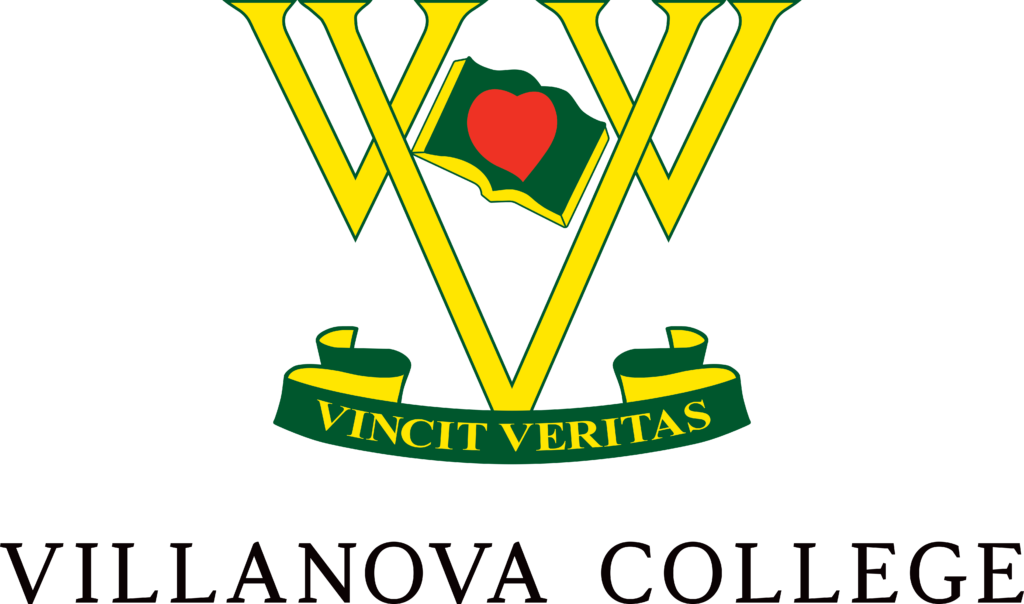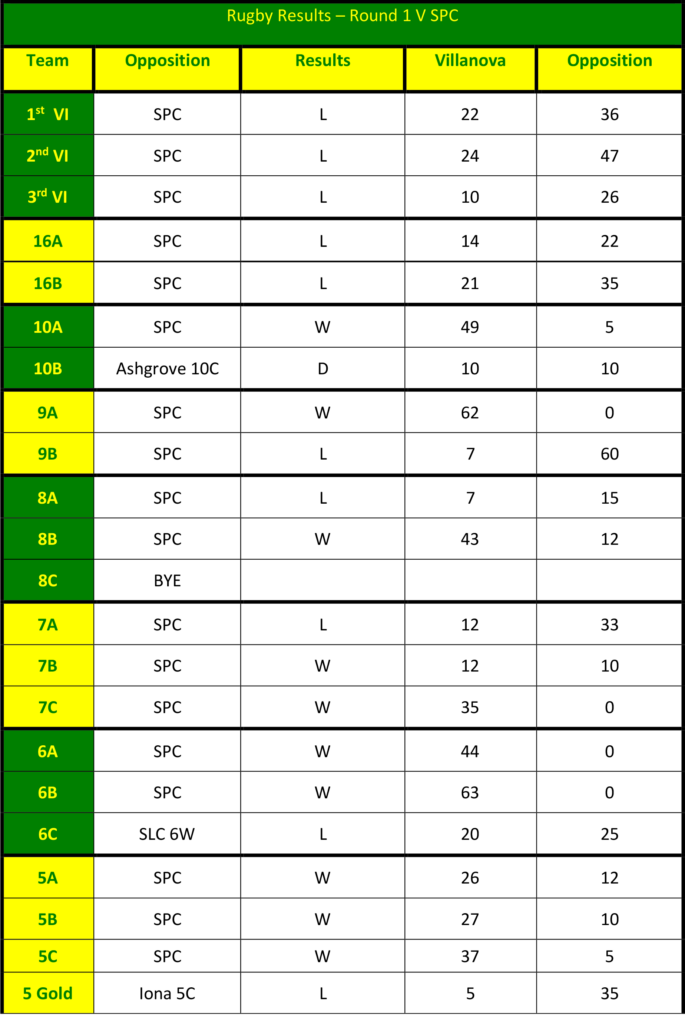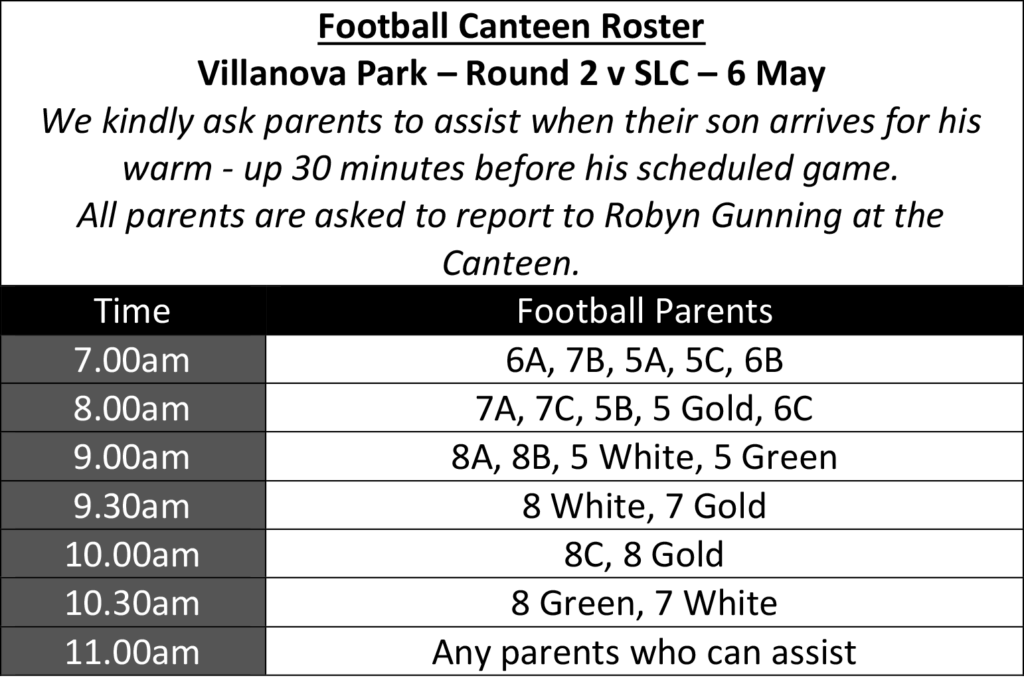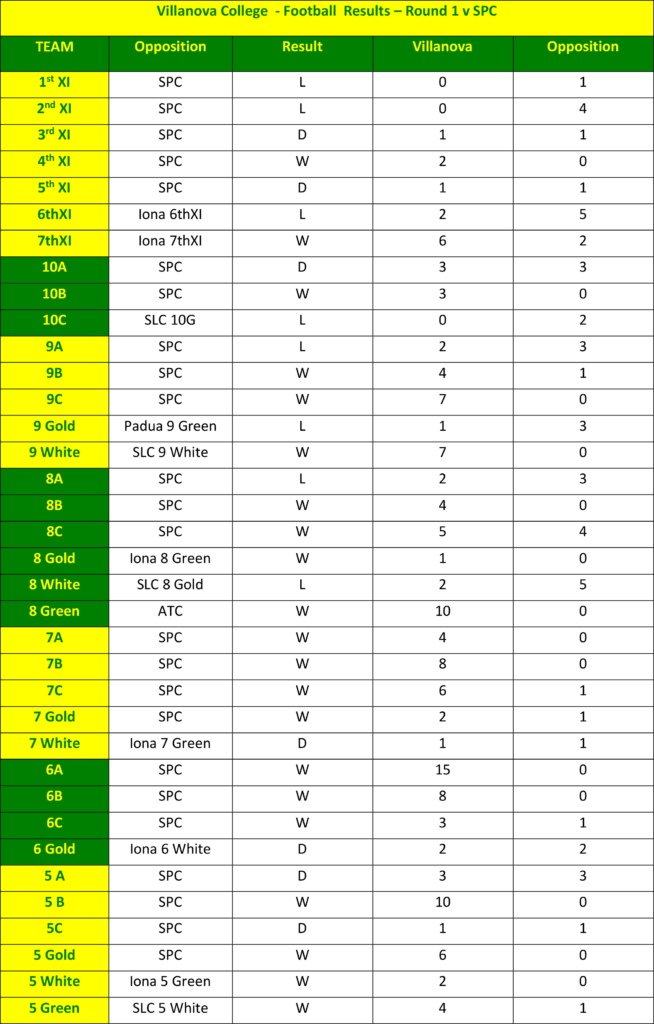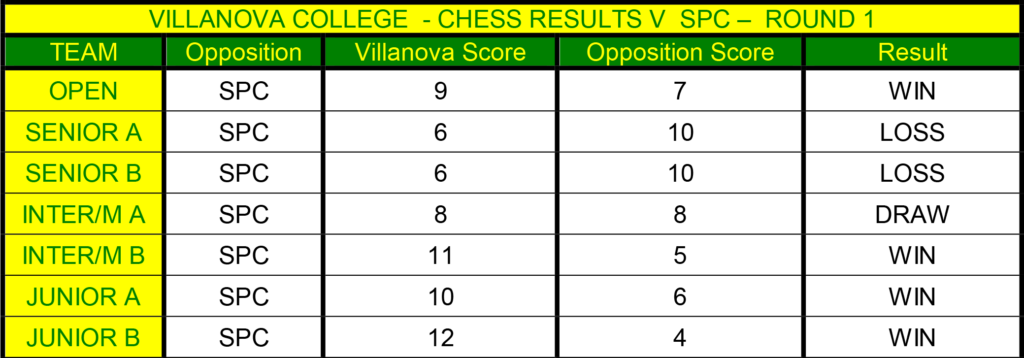2017 Student Residential Address Collection
The Australian Government Department of Education and Training (the department) will collect student residential addresses for all non-government schools between 1 March and 31 May 2017, in accordance with section 21 of the Australian Education Regulation 2013.
Non-government schools are required to complete the address collection for each of their campuses as part of their obligations under the Australian Education Act 2013.
The department has provided a statement of address notice for parents/guardians of the upcoming collection.
Residential addresses will be de-identified prior to submission, however should you wish to withhold your address, please contact Mrs Kath Hackett, Compliance Officer via email khackett@vnc.qld.edu.au by close of business on Wednesday, 17 May, 2017.
Non State Schools Transport Assistance Scheme
Attention all families! The Non State Schools Transport Assistance Scheme (NSSTAS) is a joint initiative of the Queensland Catholic Education Commission (QCEC) and Independent Schools Queensland (ISQ).
The Scheme is administered by QCEC on behalf of all non-state schools in Queensland and is funded by the State of Queensland with the assistance of the Department of Education and Training.
NSSTAS has two programs available only to Queensland residents:
- Bus Fare Assistance Program (BFAP)
- Students with Disability (SWD)
Applications for travel in January to June 2017 must be submitted in May 2017.
More information on eligibility can be found at https://www.schooltransport.com.au
Mrs Kath Underhill, Senior School LE Program Leader
NAPLAN Tests
Next week over a million students across Australia in Years 3, 5, 7 and 9 will complete the three days of NAPLAN testing. Despite media representations of how difficult and stressful these tests are for students, our boys will be settled, focused and will work through these days conscientiously. They have been well prepared by their teachers and I am sure will perform well. In particular, I would like to thank Mr Wall, Mrs Addley, Mr Creamer, Mr Nick Simpson and more recently, Mrs McKay for their collective leadership in preparing our students.
Certainly there is no denying that these external assessments are part of our students’ educational experiences and will continue to be so into the future. Perhaps a more significant issue and question would be to ask how much importance should be placed on these examinations? If you compare the feedback and conversations you had with teachers last week and the insights you received into your son’s progress and development in comparison with a result on a point in time externally imposed test, I am hoping that NAPLAN can be put into some perspective. At Villanova College, our NAPLAN results are strong and have been since the first tests were held in 2008. While we can’t ignore such testing initiatives, perhaps there are better and more comprehensive indicators of our student’s achievements.
Should your son be ill between Tuesday and Thursday next week, the makeup day for the missed exams will be Friday, 12 May. It will not be possible to sit any of the tests after this time due to the QCAA’s test return timelines. The NAPLAN reports will be received at the College by the end of Term 3.
Mr Paul Mead, Vice Principal – Teaching and Learning
Library News
Parents often express dismay when their former bookworm enters high school and interest in reading wanes. The transition to high school can be a time of great change, and, in many cases, voluntary reading is a casualty in the competition for time and attention. Research has found that, by early high school, only just over half of students view themselves as ‘readers’. Teachers, families and other children can have a profound influence on students’ reading, however parent involvement has been found to be correlated most strongly with voluntary reading.
Reading is most powerful when it is voluntary. There are clear links between how often children and teens read for enjoyment and educational attainment. Indeed, links between reading enjoyment and educational success have been found to be as strong as the impact of family socioeconomic status.
As expected, research has found a link between the availability of content students want to read and how much they do read. You may be surprised to know that the idea of reading is no longer books and eBooks. Modern research shows that websites and blogs, emails, newspapers, magazines, manuals, graphic novels and comics are equally valid options for recreational reading. Some studies even include social media and text messages as ‘reading’, however there is no clear link between these media and educational attainment.
Voluntary reading is linked to the obvious educational measures of reading attainment, writing ability, increased comprehension skills and greater grammar and vocabulary knowledge. It is also linked to increased general knowledge, higher test scores and socioemotional competence and awareness: positive attitudes, greater self-confidence as a reader, increased general knowledge, better understanding of other cultures, greater insight into human nature, community participation and more confident decision making.
We ask parents and students in Years 5 – 8 to complete a survey to enable us to build a profile of readers at Villanova College. After analysis, data will only be presented in aggregate form to assist our understanding of the connection between reading enjoyment, reading frequency and academic achievement in the Villanova College context.
Parent link: http://bit.ly/vncreadingparents
Student link: http://bit.ly/vncreadingstudents
Sources Used
Clark, C. & Foster, A. (2005). Children’s and young people’s reading habits and preferences: The who, what, why, where and when
Clark, C., Osborne, S., & Akerman, R. (2008). Young people’s self-perceptions as readers: An investigation including family, peer and school influences
Clark, C., Torsi, S., & Strong, J. (2005). Young people and reading: A school study conducted by the National Literacy Trust for the Reading Champions initiative
Department for Education. (2012). Research evidence on reading for pleasure.
Gleed, A. (2013). BookTrust Reading Habits Survey 2013.
Room to Read. (2015). Reading promotion study report.
Ms Laura Gill, Teacher Librarian
Library Roster
Monday 8th May
Leah Coogans, Bronagh Earthrowl
Tuesday 9th May
Cristina Palacios, Anita Murnane
Wednesday 10th May
Denise Smith
Thursday 11th May
Kelly Stassi (after tuckshop), Maritsa Malanos
Friday 12th May
Gina Avolio, Anna Egert
Tuckshop Roster
Monday 8th May
Narelle Rieck, Julie Stokes, Jenni Boxall, Jane Green, Sally Caltabiano, Megan Price, Maria Woodger, Loretta Jordan-Vieira, Mary Innes, Cath Griffin
Tuesday 9th May
Donna Perkins, Melissa Davidson, Lisa Forsyth, Nicole Webb, Leanne McMahon, Sonia Ballen, Susan White, Tricia Allen, Cristina Palacios, Cristina Watson
Wednesday 10th May
Angela Dooley, Tina McCaul, Peta Gomersall, Kathy McCaul, Karen Marrinan, Lisa Gorry, Denise Smith
Thursday 11th May
Paula Lisignoli, Maria McGarry, Zsuzsa Henderson, Juanita Ryan, Kath Eberhardt, Pauline White, Bernadette Papagiannis, Kelly Stassi, Jane Lawson, Louisa Coote, Chrissy Bonfiglio, Eleni Stathis
Friday 12th May
Caroline Agnew, Louise Pertnikovs, Jacki Wilson, Pauline Vasta, Kellie Smith, Adriana Sofios, Gerry Ternel, Leanne Bryant, Natalie Basili, Maria Nicolaou, Kim Creevey, Naomi Jansen

